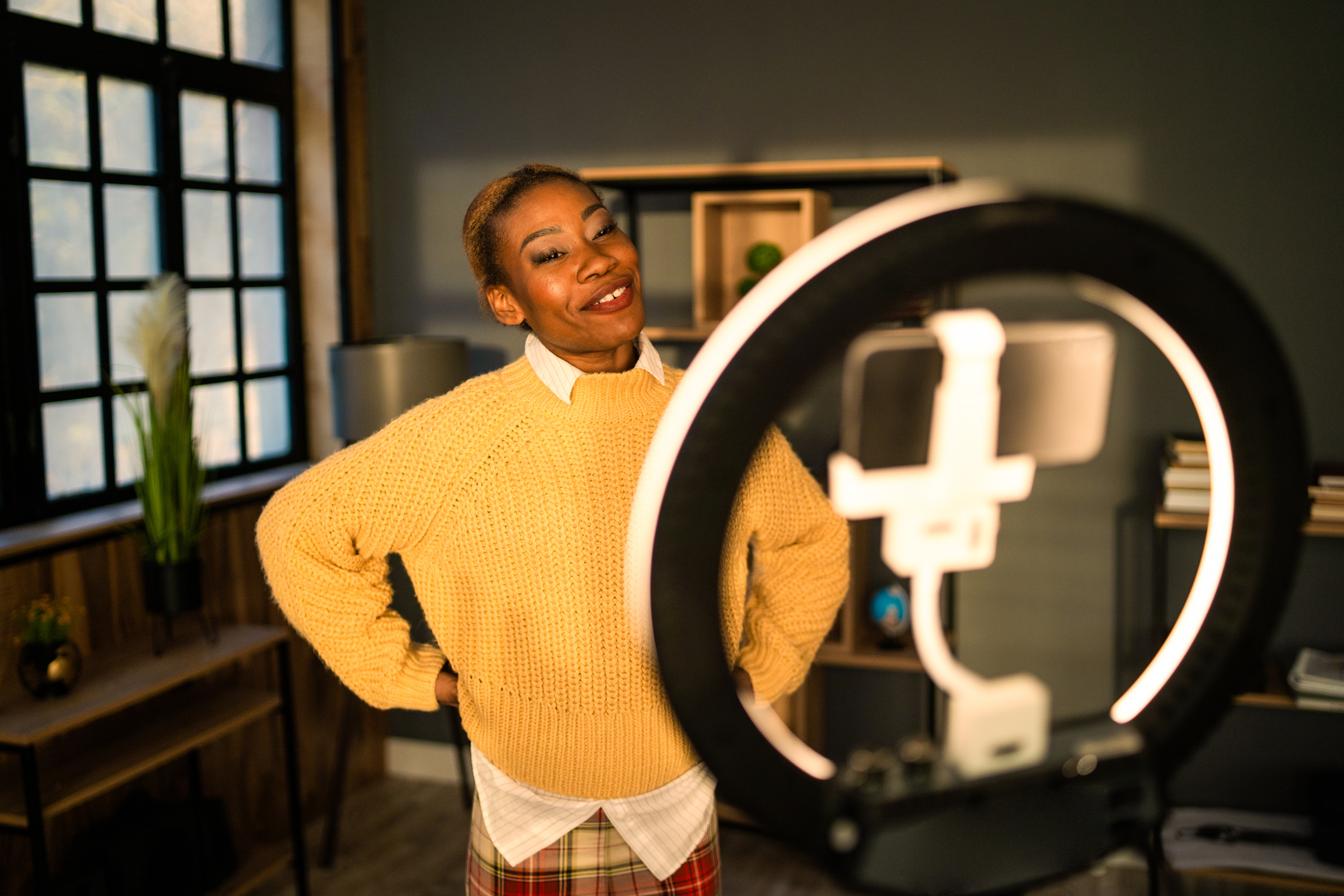We’ve all heard of it: gatekeeping, one of the most prolific terms to infiltrate our TikTok ‘For You’ pages and timelines in recent years. For those who are not chronically online and blissfully unaware of what gatekeeping is, the term refers to the act of intentionally (or what viewers perceive to be intentional) withholding information regarding where certain items shown in their posts are from.
This can range from where a top is from or where someone bought their eclectic toaster-shaped bath mat. Should the original poster choose not to share, they are likely called out, and in some cases, other creators will make videos calling the person out for their gatekeep-y ways. Sometimes, it seems like it is more about the act of gatekeeping than the item itself. Social media has set up this insatiable thirst for relatable content, making any perceived boundary, justified or otherwise, seem like an affront to those consuming your content. Alongside being “canceled” or “exposed,” being dubbed a “gatekeeper” has quickly become one of the snarkiest digs a content creator can find themselves on the receiving end of.
But what happens when everyone becomes a content creator? In an undeniable deviation from its intended purpose as a platform to socially connect and share with those you care about, social media is now a marketplace for the creator economy, in which we all play a part to varying degrees. This means anyone posting a video can find themselves facing an influx of “Where’s the dress from?” comments, even if the video is just three minutes of that person unearthing their life-altering trauma.
Beyond making users unwilling walking, talking affiliate links for these brands, this practice also contributes to our unsustainable trend cycle. One of the biggest causes for an item to be dubbed as “played out” is oversaturation in the market. Once everyone starts wearing it, no one wants it. In having people pine over the same pieces shared by influencers or someone who just happened to be wearing a cute outfit when their video went viral, we expedite this process in a manner that neither our planet nor our pockets can sustain.
Of course, sharing is still caring, and in theory, there is nothing wrong with spreading the love, or in this case, the links, online. In efforts to breed more sustainable and original taste, though, it may do us all some good to learn to be inspired by outfits without needing the exact SKU.
There is no inherent fault in finding inspo from the content we spend a shame-evoking amount of time-consuming, but these videos should be starting points for your own stylistic pursuits — not the end goal.

